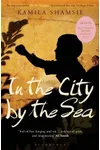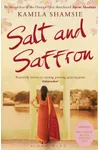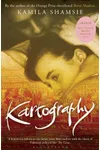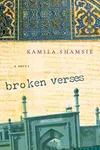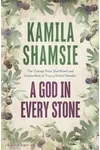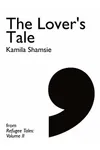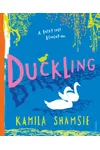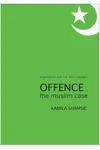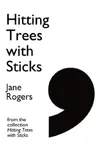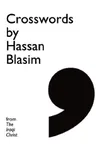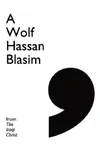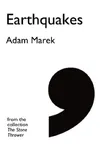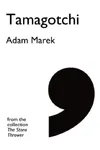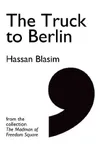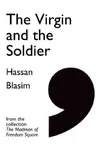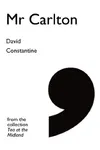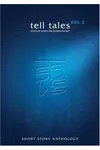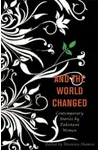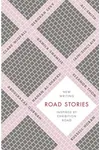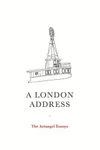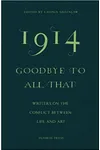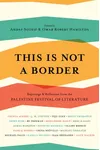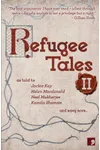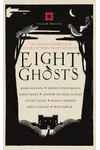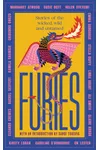Picture a Pakistani-British storyteller weaving tales that bridge cultures and eras—meet Kamila Shamsie! With her lyrical prose and knack for exploring identity, history, and love, Shamsie has become a literary star. Her novel Home Fire, a gripping modern retelling of Antigone, snagged the 2018 Women’s Prize for Fiction, cementing her as a must-read voice in contemporary fiction.
Born in Karachi, Shamsie’s stories pulse with the vibrancy of her hometown, even as they traverse global landscapes. From war-torn Nagasaki to post-9/11 New York, her novels tackle big questions with intimate, human stories. Let’s dive into her journey, her unforgettable works, and why she’s a literary force!
The Making of Kamila Shamsie
Kamila Shamsie was born on August 13, 1973, in Karachi, Pakistan, into a family brimming with literary talent. Her mother, Muneeza Shamsie, is a renowned journalist and editor, and her great-aunt, Attia Hosain, was a celebrated novelist. Growing up in this intellectual hub, Shamsie attended Karachi Grammar School before heading to the U.S. for college. She earned a BA in Creative Writing from Hamilton College and an MFA from the University of Massachusetts Amherst, where poet Agha Shahid Ali shaped her craft.
Shamsie’s writing career kicked off early—she penned her debut novel, In the City by the Sea, while still in college. Published in 1998, it earned her Pakistan’s Prime Minister’s Award for Literature at age 25. This early success set the stage for a career blending personal and political narratives with a distinctly global lens.
Kamila Shamsie’s Unforgettable Stories
Shamsie’s novels are like tapestries, weaving together history, culture, and human connection. Her breakthrough, Kartography (2002), is a love letter to Karachi, exploring childhood friends navigating ethnic tensions and family secrets. Critics praised its playful yet cerebral style, likening Shamsie to Arundhati Roy and Salman Rushdie.
Burnt Shadows (2009) is her most ambitious work, spanning Nagasaki’s atomic bombing to post-9/11 Afghanistan. Shortlisted for the Orange Prize, it traces two families across generations, revealing the ripple effects of war and migration. A God in Every Stone (2014) delves into colonial India and World War I, blending archaeology and rebellion with Shamsie’s signature emotional depth.
Her crowning achievement, Home Fire (2017), reimagines Sophocles’ tragedy in a modern British-Pakistani family grappling with radicalization and loyalty. Longlisted for the Man Booker Prize and winner of the Women’s Prize, it’s a searing exploration of identity and sacrifice, translated into over 30 languages. Shamsie’s style—lucid, evocative, and deeply empathetic—makes her stories resonate across borders.
Why Kamila Shamsie Matters
Shamsie’s work transcends borders, offering a lens into the complexities of migration, faith, and belonging. As a Pakistani-British Muslim woman, she amplifies marginalized voices, challenging stereotypes with nuanced characters. Her novels don’t just entertain—they spark conversations about history’s lasting scars and the power of human resilience.
Beyond fiction, Shamsie shapes the literary world as a professor at the University of Manchester and a columnist for The Guardian. Her advocacy for free expression, through roles at English PEN and Index on Censorship, underscores her commitment to storytelling as a force for change. In 2013, Granta named her one of the Best Young British Novelists, a nod to her growing influence.
- Born: August 13, 1973, Karachi, Pakistan
- Key Works: Home Fire, Burnt Shadows, Kartography, A God in Every Stone
- Awards: Women’s Prize for Fiction (2018), Anisfield-Wolf Book Award, Pakistan’s Patras Bokhari Award
- Fun Fact: She joined the Authors XI cricket team in 2012, despite never playing cricket before!
Snag Home Fire or Burnt Shadows and dive into Kamila Shamsie’s spellbinding world of history, heart, and humanity!
